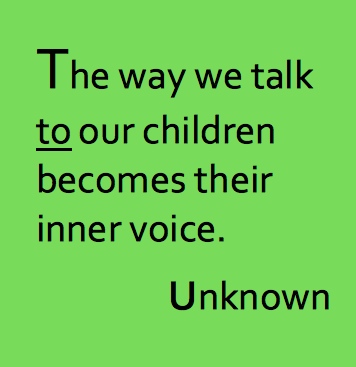Like you, I spend my life in the company of people complaining of great difficulties with anxiety and despair. Certainly, each has their own individual story. In fact beyond the commonality of the piercing, acute intensity of their misery they have nothing in common.
Except for one this one weird thing:
They all feel out of sync with the passage of time.
My anxious clients feel as though they are forever behind; ‘it’s too late!’ they complain as they contemplate impending catastrophes. My depressed clients, anchored with concrete to injuries and indignities of the past, relate to time as a loop, sweeping them around and around through more of the same old same old.
The anxious and depressed are not the only ones who struggle with time. The last quarter century spent in the company of addicts has taught me how they too feel upended by time. Urges feel like they will last forever like some incredibly prolonged tooth extraction. Or sometimes their addiction will generate a glowing time cocoon in which they feel as though all is well, as though it will last forever. And then those suffering from psychoses have their own difficulties with time: they are often out of sync with the flow of time, having great difficulty calculating how long tasks take or coordinating appointments with others.
What all of this means to me as a cognitive therapist is, like dysfunctional thinking patterns, diet and health, and social and family background, I must also consider the relationship with time as part of my work with clients. In the coming post, I’ll discuss why our relationship with time is so important. I’ll also share some of the ways that I’ve tried (not always successfully) to alter my clients’ relationship with time.
For the interested, two Biblical passages stand out in reflecting the connection between time distortion in human suffering. The first, a heart rendering verse in Deuteronomy 28:67:
In the morning you shall say, Would it were evening! and in the evening you shall say, Would it were morning! for the fear of your heart with which you shall fear, and for the sight of your eyes which you shall see.
The second, Genesis 8:22 tells us how the cessation of the seasonal passage of time was part of the destruction of the world in the time of Noah:
While the earth remains, seed time and harvest, and cold and heat, and summer and winter, and day and night shall not cease.









